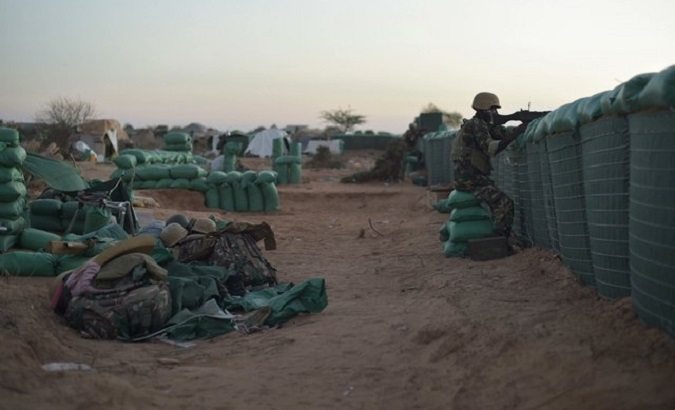
“If nothing is done, the effects of terrorism, violent extremism and organized crime will be felt far beyond the region and the African continent,” Guterres said.
On Saturday, the Independent High-Level Panel on Security and Development in the Sahel was launched during a high-level event on the margins of the United Nations General Assembly.
UN Secretary-General Antonio Guterres and African leaders launched the panel to assess the situation in the Sahel and make recommendations on ways to foster international engagement and map out responses to the region’s complex challenges.
They highlighted the underlying challenges in the Sahel, including surging violent extremism, growing fragility of regional economies due to climate change and the COVID-19 pandemic, as well as complex political transitions.
They called for coordinated global, regional and local efforts in the Sahel and the broader region to address the current security, governance and development challenges, and adopt people-centered security approaches based on inclusive political strategies.
They also called on the international community to scale up responses commensurate to the needs in the region, including by providing much-needed technical, financial, material and logistical support.
The Sahel extends across Africa from the Atlantic Ocean in the west to the Indian Ocean in the east, and runs through parts of Burkina Faso, Cameroon, Chad, Mali, Mauritania, Niger, Nigeria, Senegal and Sudan.
The UN Office for the Coordination of Humanitarian Affairs said that the Sahel faces “the worst humanitarian needs in years requiring an urgent scale-up of emergency response.”
Guterres recently warned that rising insecurity, including the proliferation of terrorists and irregular armed groups, coupled with political instability, is creating a crisis in the Sahel that poses a “global threat.”
“If nothing is done, the effects of terrorism, violent extremism and organized crime will be felt far beyond the region and the African continent,” the UN Secretary pointed out.
